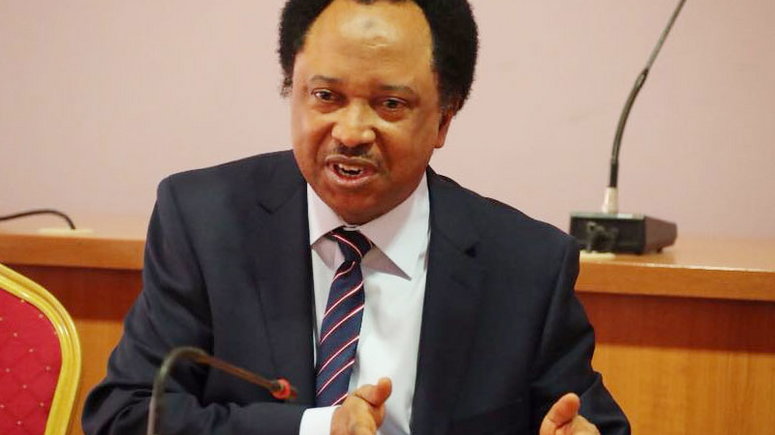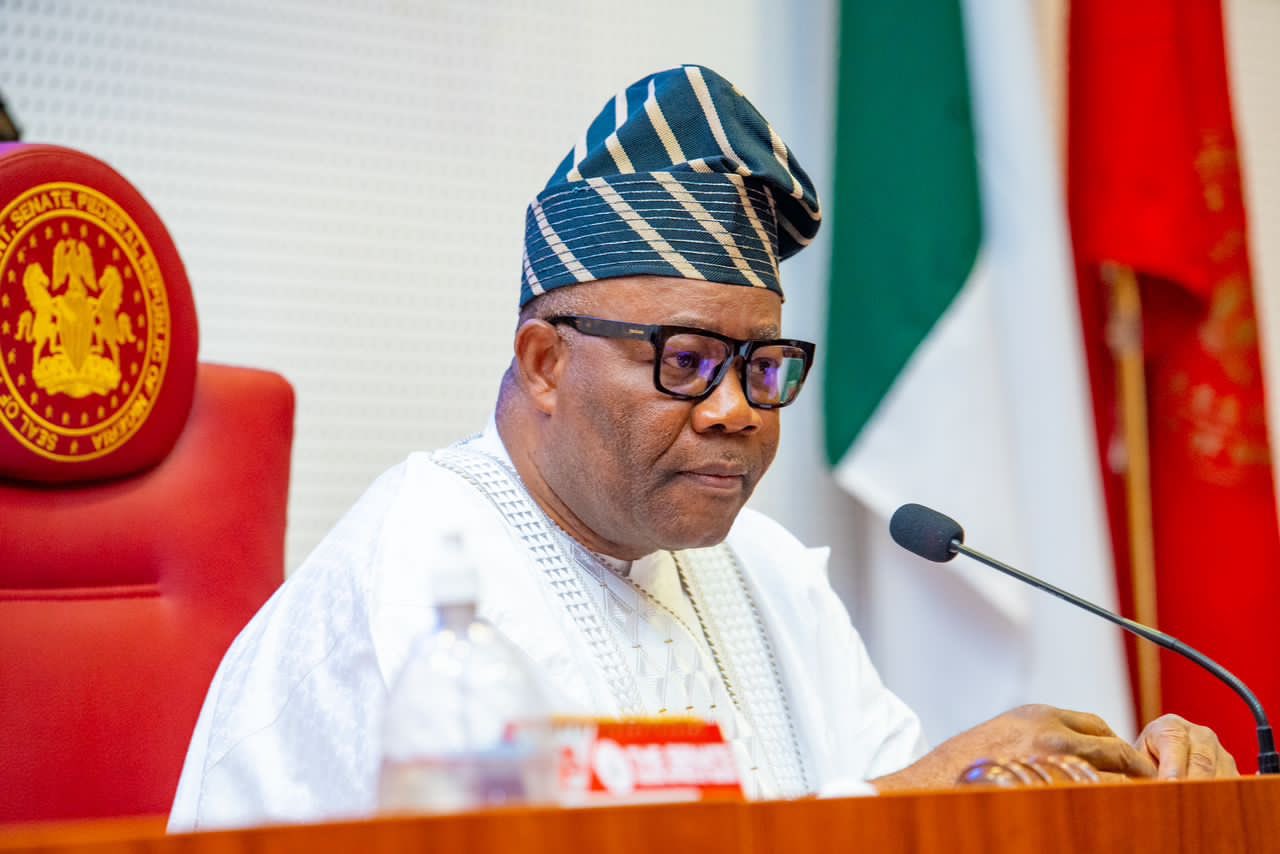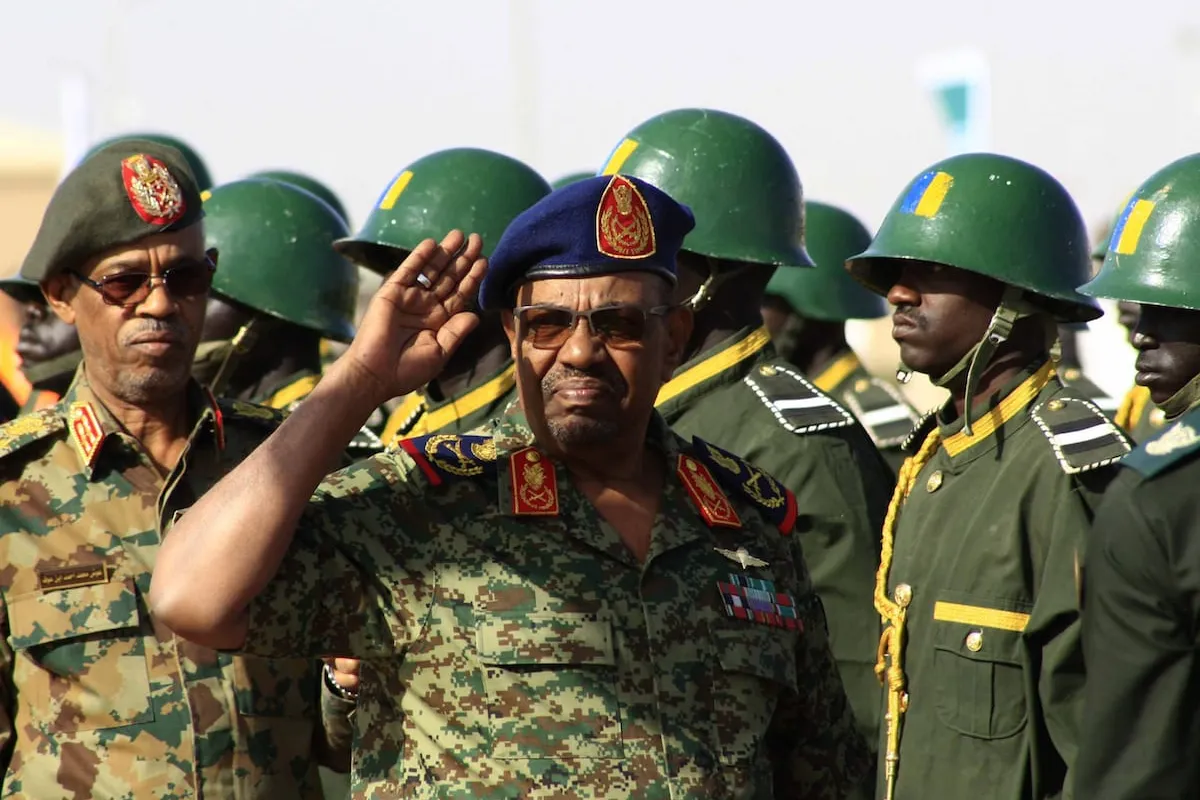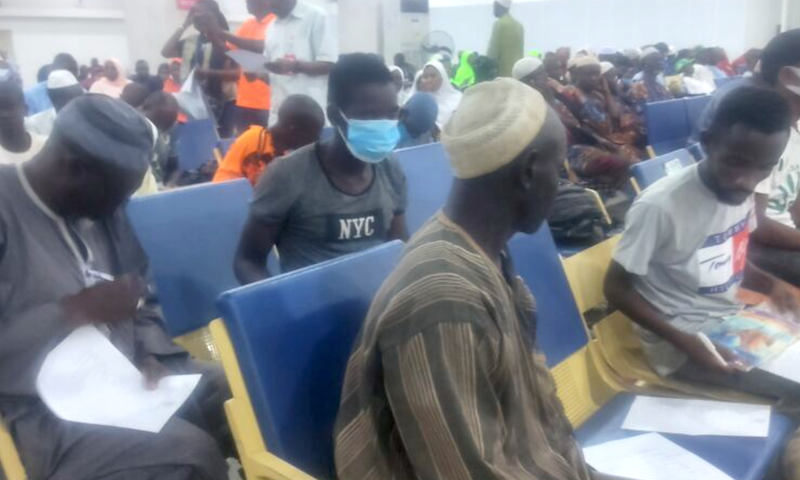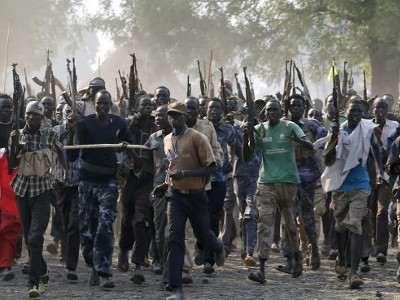Sen. Shehu Sani, a former Deputy Chairman, Senate Committee on Foreign Affairs, says military incursion into Niger Republic by an ECOWAS standby force will be synonymous with a declaration of war by Nigeria.
Sani expressed this thought in an interview with NAN in Abuja.
The Economic Community of West African States (ECOWAS) said on Thursday that it had ordered the deployment of a “standby force’’ to Niger to restore constitutional order in the country.
The order was given after the junta who took over power from President Mohamed Bazoum on July 2, defied an Aug. 6 ultimatum issued by ECOWAS leaders for the junta to revert to status quo.
Sani said there was nothing wrong in applying pressure on the junta in Niger after the coup but deploying military force against the junta in the Francophone country sharing the northern border with Nigeria had a lot of implications.
“Armed invasion of Niger by ECOWAS will simply be a war between Nigeria and Niger because Nigeria foots the bills of ECOWAS.
“If we are going to get into war with the Nger Republic, what will be the future of states like Katsina, Kano, Jigawa, Zamfara, Sokoto, Yobe, and Borno that share borders with Niger? What will be the fate of people living in these areas?
“Right now there are more than 303,000 Nigerian refugees that were sacked by terrorist groups living in villages in Niger Republic,’’ he said.
According to him, in the 1990s, the West pledged support for Nigeria and for the Economic Community Monitoring Group (ECOMOG) to move into Liberia, and Sierra Leone to restore peace and Nigeria took the mandate on the basis that they would get the support they needed.
“Nigeria moved into Liberia and the Francophone countries refused to join the ECOMOG. Senegal joined but after a few of its soldiers were killed it pulled out leaving only Nigeria and a few other smaller West African countries.
“Only one person served as an ECOMOG commander from Ghana. All the other commanders from the beginning to the end of the war were Nigerian.
“Nigeria ended up spending 8 billion dollars according to figures provided recently by the former Chief of Defense Staff Lt.-Gen. Lucky Irabor.
“These were monies that could have been used to connect the states by railway lines but we blew it in Liberia and the support never came,” he said.
According to him, If we get into an armed confrontation with Niger Republic, in the 21st century there is no one-week war. There is no one-month war. It is years of war.
“Saudi Arabia moved its troops into Yemen, thinking that would bring an end to Houthi rebels and restore order. But it is still there now for five to six years.
“Russia moved into Ukraine thinking it would bring an end to the Ukraine government but it is still there for more than a year. America went to war in Afghanistan and it fought the war with the Taliban for 20 years – 2001 to 2021 – only to pull out leaving the Taliban to take back power.
“What resources do we have to prosecute a war? Does our military have the experience to fight a war in the Sahel, or the desert?
“The coup happened when the French and U.S. had military bases in Niger.
“If these could not stop the coup, they could not protect Bazoum, and they could not restore Bazoum to power, is it the Nigerian army that has security challenges in Zamfara, Kebbi, Niger, Kaduna, Yobe, Borno, Plateau, Nasarawa that will neglect these places and go fight a war in Niger?,” he questioned.
